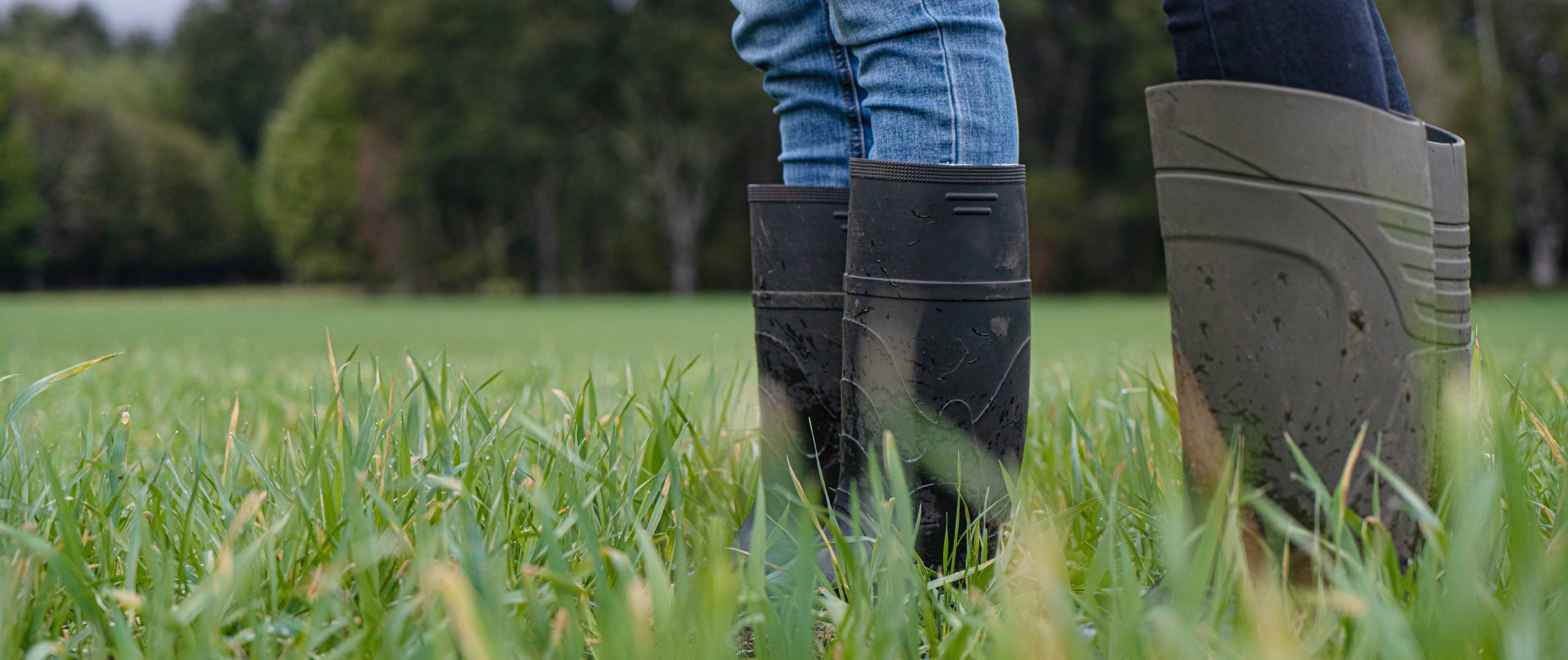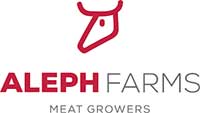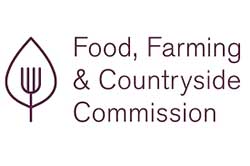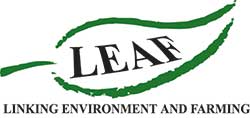Cultured meat and farmers

In a two-year study, a team led by the RAU asked what farmers think of cultured meat and then modelled how real farm businesses might fare if it becomes part of our diets.
Will cultured meat impact UK farmers?
Tackling and adapting to climate change will change the way we eat. While it is almost certain this will include eating less meat overall, there are big questions over how we get there. Do we cut back more on beef or on chicken? Do we change our habits, or substitute meat alternatives in processed foods? Who are the winners and losers?
Cultured meat, also known as cultivated, cell-based, or lab-grown meat, is one type of meat substitute. It has attracted interest from investors because of its potential to have the same taste and texture as conventional meat, and appeal to committed carnivores.
Until now, very little research into cultured meat has considered how its adoption would affect farm businesses. There has been significant research into the ethics, health, climate and economic impacts of cultured meat but farming has been left out of the picture. As well as mattering to farmers, this is important to understand the overall environmental, social and economic impact of these technologies.
What we found
After two years of study involving farmer focus groups, partnering with farms across the country, analysing farming media, and modelling opportunities for collaboration, we summarised our key findings in the report ‘Culture Clash’.
Download the report: Culture Clash? What cultured meat could mean for UK farming |
No time to read the report?
This short film draws out six key findings from the study.
What happens next?
Although Cultured Meat & Farmers is now finished, the RAU remain involved in discussions about the future of cultured meat and other cellular agriculture.
We are leading the ‘engaging public and policy’ element of CARMA, the seven-year EPSRC-funded Cellular Agriculture Manufacturing Hub. Our role is to invite wide ranging opinions on the technology, and on the direction of CARMA’s research effort.
If you have a view on cultured meat and would like to speak with the CARMA project team, please get in touch here.
The project in more detail
The first phase of the project addressed farmers’ attitudes towards cultured meat. Focus groups were held with 75 farmers representing a wide range of sectors, spread across the UK. The groups discussed their understanding and perceptions of cultured meat and the potential impacts it could have on farming. The study found recurring themes about the threats to food and farming, and some possible opportunities too.
Watch "Cultured Meat and your Farm Business" for a summary of the findings, or read “Threat or Opportunity”, a paper on farmer attitudes towards cultured meat, published in Frontiers magazine.
We also reviewed what was being said about cultured meat by farmers on social media and The Farming Forum, and in the farming press.
Section 7 of Culture Clash summarises the findings. For more detail, read this paper on the narratives of cultured meat in farming media.
The winners and losers: partnering with case study farms
Next, we partnered with eight farms chosen to represent those most likely to be affected, for better or worse, by the impacts identified in the focus groups. Together, we produced business plans for each farm setting out how they might adapt. These findings were used to produce a heat map of the winners and losers in an imagined future where cultured meat can be found in restaurants and supermarket shelves.
Looking for win-wins
We explored how agricultural by-products might be used in the production of cultured meat. Detailed economic and environmental modelling compared products such as oilseed rape meal, the solid residue left after oil extraction, which is used as animal feed or as fertiliser, as a source of amino acids for the media used to grow the cells. We also investigated whether on-farm production might be economically viable.
See section 6 for more information, and watch this space for academic papers.
Who was involved
The project was awarded funding by UK Research and Innovation as part of its Transforming UK Food Systems Strategic Priorities Fund Programme. It is one of 11 projects awarded funding under Government’s Transforming UK Food Systems Strategic Priorities Fund (SPF) programme.

The research team combined leading experts in cultured meat and technical specialists from academia and industry with experience in farmer-centred innovation. The main contributors to this project, which centres on farm-based models of CM production, are as follows:
Project lead:
- Tom MacMillan, Honorary Visiting Professor, Royal Agricultural University
Communications lead
- Katherine Lewis, Research Engagement Manager
Project partners:
- Illtud Dunsford, CEO, Cellular Agriculture Ltd
- Marianne Ellis, Cellular Agriculture Ltd
- Jyoti Fernandes, Policy Coordinator, Land Workers’ Alliance
- Michael Goodman, Professor of Environment and Development/Human Geography, University of Reading
- Louise Manning, Professor of Sustainable Agri Food Systems, University of Lincoln
- Lisa Morgans, Senior Lecturer, Royal Agricultural University
- Viren Ranawana, Senior Lecturer in Human Nutrition, University of Sheffield
- David Rose, Elizabeth Creak Chair, Harper Adams University
- Rachael Rothman, Professor of Sustainable Chemical Engineering, University of Sheffield
- Alex Sexton, Assistant Professor, University of Durham
- Anastasios Vasilopoulos, Energineering Solutions
The project was developed with farming organisations, cultured meat businesses, food companies, charities and government. They include the following:
















